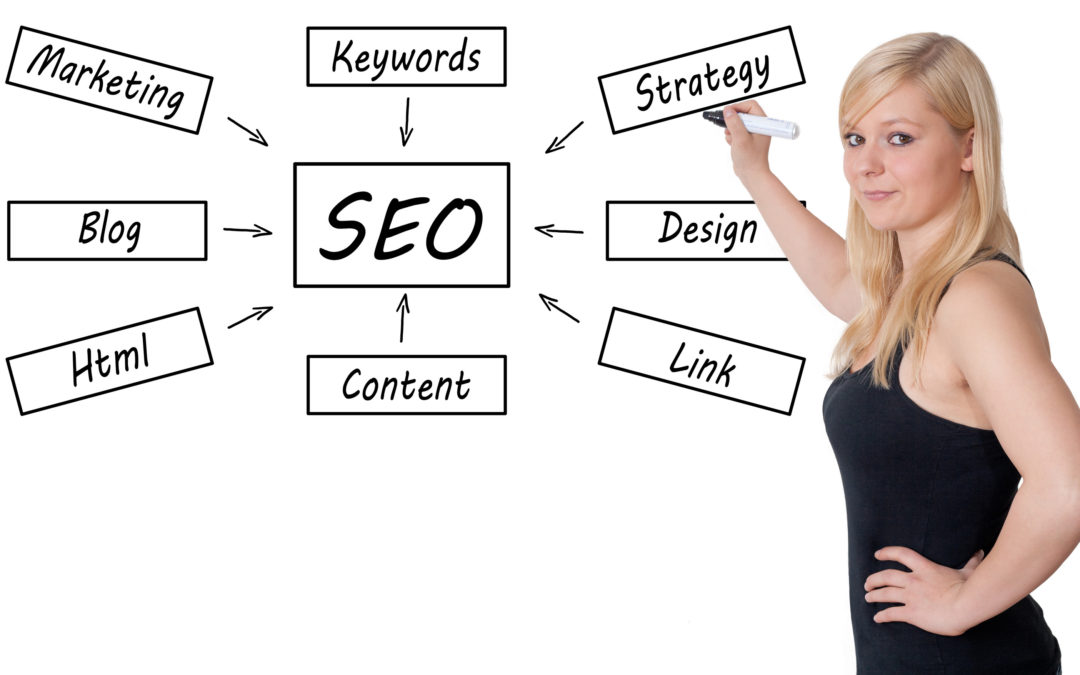With studies showing that 97% of consumers conduct online research before purchasing a product or service (BIA/Kelsey), it’s never been more important to get your website right. As a law firm, your website should be a core part of your marketing strategy. After all, it is simultaneously a branding tool, a lead generator and an educational platform. If it’s not performing in each of these areas, then it’s costing you more than you could ever accurately measure.
When it comes to law firm marketing, a well-developed website is crucial. Otherwise, your traffic will be low, it will negatively impact your brand, and you’ll be losing leads that you never even knew about.
Having an underperforming website is costing your firm money.
This is why we’ve put together a list of 10 website essentials. They will help you to optimise your online space and ensure your website isn’t costing you potential business.
1. SSL certificates
If you’re developing a website for lawyers, having a secure website is essential. This means securing your firm website with an SSL (Secure Sockets Layer) certificate. An SSL certificate will indicate that your website is safe to use and that all data will be managed appropriately. If you don’t have an SSL certificate, Google will highlight your website as ‘not secure’, which may deter potential clients.

Does your website have an SSL Certificate installed?
2. Page loading speed
Nobody has time to waste on a website that won’t load – 40% of web users expect a website to load in 2 seconds A slow page loading speed is a guaranteed way to lose traffic, as visitors will simply go elsewhere! Make sure that every website visitor is treated to a positive browsing experience by ensuring your page load speed is minimal. This can be done by choosing a reliable website host that will deliver high performing pages, helping you to create a website that is both aesthetically pleasing and technically quick.
3. Responsive website design
If your website is difficult to access, potential clients will find one that offers a better experience. It’s that simple. It won’t matter whether you are more experienced, better qualified or have more affordable prices – they will simply be gone. With many people conducting research on legal firms through mobile devices, your website must be able to adapt to different screen sizes. You want to make the browsing experience as user-friendly as possible so that potential clients can source the information they need and submit a lead with minimal effort.

Does your website adapt to different devices?
4. Accurate representation of your firm’s DNA
Marketing for law firms is about so much more than technical knowledge and expertise. Your clients want to know who you are and what you stand for, as this will be the information that differentiates you from your competitors. Plenty of firms are qualified to offer the same services, so why should somebody choose you? Ensuring that your website is an accurate representation of your firm’s DNA and what makes you unique will help potential clients to make an informed choice about engaging your services.
5. Intuitive navigation
As mentioned above, a user-friendly website is vital to any company’s online marketing success. This is especially true when it comes to navigation because if a visitor cannot find what they are looking for, they will leave your site. It is important that your website has a natural flow and is intuitive to navigate. Nobody should have to think too hard or hunt too long for the information they require. It’s all about the customer journey – what do you want them to do when they land on your website? Which pages do you want your client to visit? Navigation is key to driving the customer journey and ultimately, having them pick up the phone to contact you.
6. Labelled services
Law firms typically offer an array of services, and these should be explicitly clear on your website. Provide a list of your services using labels that are simple and clear, as this will ensure a website visitor is able to instantly understand the messages you are trying to convey. Simple labels also double as SEO keywords to help improve the visibility of your website in search engine results.
7. Rich and compelling content
When it comes to a website, lawyers might be tempted to include content that is full of technical information and legal jargon, and these elements can work when they are used to create rich and compelling material. The best content provides value, is relevant to a specific target audience and is easy to read. A visitor to your site needs to be able to understand the content in order to benefit from its messaging, so too many technical terms probably isn’t the best way to go. Content is a way to provide value to a client before they ever purchase your services, so make sure that it is accessible and beneficial.
8. Google tools
A range of website tools are available, and we believe the ones that are invaluable are Google tools. Two components in particular, Google Analytics and Google Search Console, are particularly useful when it comes to website optimisation. Google Analytics is an easy way to collect and interpret data, providing you with valuable insight about your web traffic, including how they find your page, how long they stay, and what page made them leave. Google Search Console is incredibly helpful with SEO. It will identify things like slow pages and missing titles while also suggesting keywords to enhance the performance of your site. We can help connect these tools for you, if you haven’t already. Once these tools are connected, we can provide you with a monthly Website Performance Report that will give you an overview of how your website is tracking.
9. Strong hosting provider
A website is only as strong as the host that manages it, so make sure you choose the right one. WordPress is the world’s leading content management system, which offers a seamless backend experience for amateur and professional web builders alike. If you are new to the technical world, WordPress makes a huge difference in how easy it is to manage and update your website. Choosing a reputable CMS like WordPress will ensure that you can easily make changes to the design and text, conduct regular backups, and access any plug-ins you may require.
10. Staff Profile & Images
Trust usually evolves through interactions, but this is challenging to accomplish in the online world. Instead, a potential consumer has to judge your reliability and trustworthiness through the information you provide on your website. This is where staff profiles and images come in. Providing comprehensive bios on each staff member will help website visitors to learn more about the people that they will potentially be doing business with. Accompanying photos of a professional nature will help build your brand and allow people to put a face to the name and bio, allowing them to feel a greater connection to your team, which will encourage them to engage your legal services.
A website is an essential component of any law firm marketing strategy. If you’re not experiencing the results you expect from your website, it might be time to make some changes. These 10 website essentials are a great starting point when it comes to improving your website. If you would like a free website audit to see how your current website stacks up, please contact Peter on 0417 018 109 or email [email protected].
About the author












